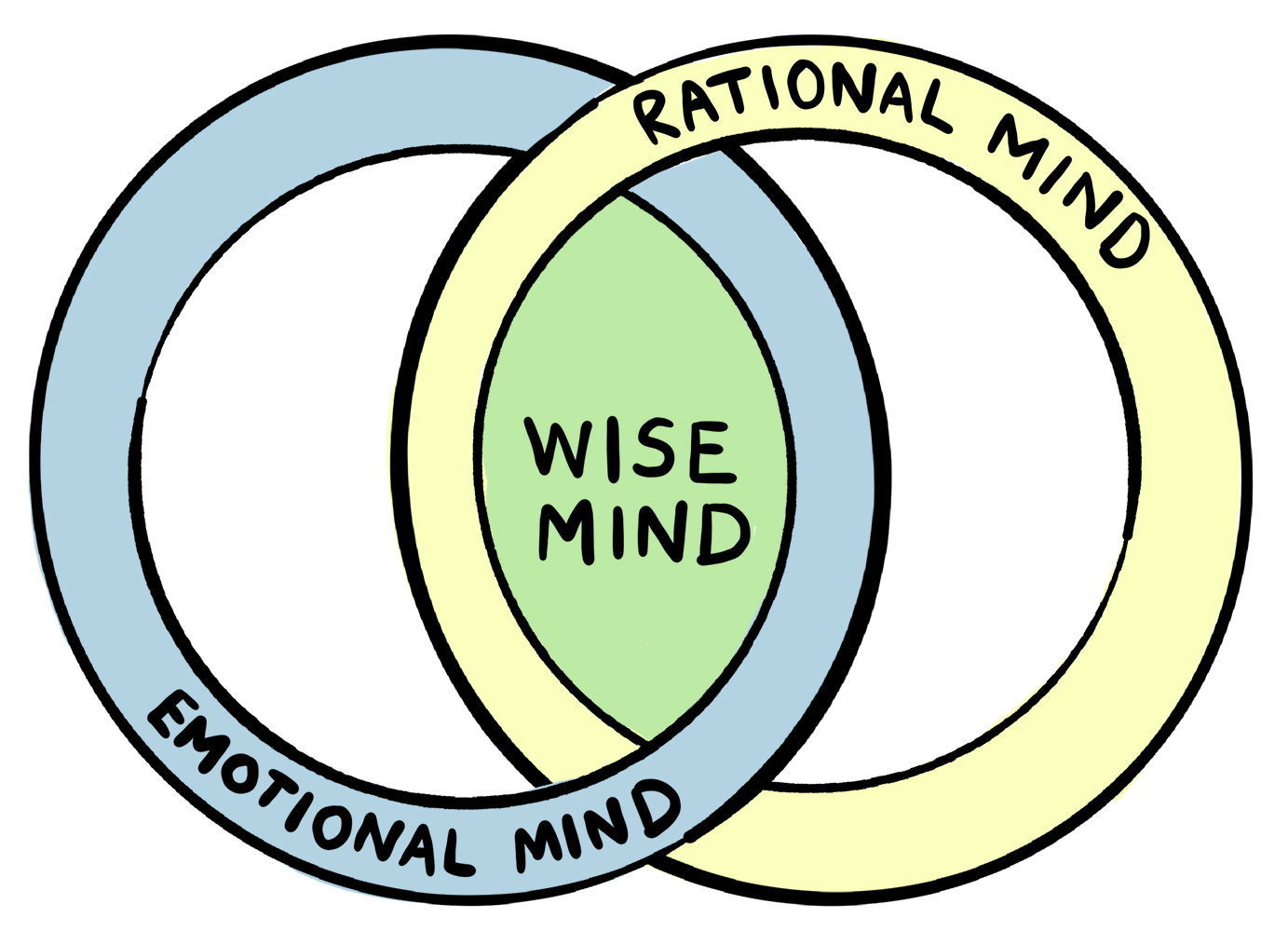
Emotional regulation skills
We learn emotional regulation throughout our lives, and we are always learning. Different life situations always pose new challenges, and that also applies to emotions. Children need lots of help from their parents to learn emotional regulation skills. Perhaps for that very reason, parents may need support with their own emotional regulation when their children are young. Children learn by example, and that’s why it’s important for parents to practice regulating their own intense emotions. Various self-calming methods and methods to identify emotions can be useful here. We need both emotions and sense. It is perfectly human for emotions to want to take over sometimes, but we can practice regulating them.

We all have bad habits when it comes to regulating and expressing emotions. These include:
- Avoiding or withdrawing from situations
- Insulting, degrading, or blaming others
- Bribing, blackmail and threats
- Physical or verbal violence
- Misuse of alcohol or drugs
- Various ways of hurting oneself or others
That’s why it’s important to learn suitable, constructive methods to tolerate, regulate, and express emotions.
Watch the video and look at the emotional regulation skills below to help you when your emotions bubble over.
How can I calm myself down?
1. Breathing
When we are angry or anxious, our breathing becomes rapid and shallow. This also triggers and strengthens the “fight or flight” response. Various calming breathing techniques stop that response and give our brains a different message, helping us to calm down. Count slowly to four as you inhale through your nose, and count to four again as you exhale. If you learn this at a time when everything is fine, it will be easier to remember when you are overcome by strong emotions. Just a few minutes of calming breathing will help you to reduce physical hyperarousal.
2. Identify your feelings
If we try to ignore feelings such as irritation, anger, or anxiety, we often fail. Failure can put us in an even worse mood. Often, identifying an emotion can help us to get over it more quickly – I’m clearly annoyed now. Naming a feeling helps us to examine it more rationally – what needs, wishes or fears are behind the emotion? A difficult emotion can often bring negative thought cycles with it, and identifying the feeling can help us to change those cycles.
3. Challenge your thoughts
If a strong emotion leads you into a thought cycle where everything feels like it will go wrong or poorly, challenge your thoughts. Ask yourself things like:
– Are my thoughts rational and based on facts?
– Why do I feel this so strongly?
– Has something like this happened before, and if it did, how did I deal with it?
– What would I say to a friend in the same situation? (We are often a lot kinder to friends than to ourselves)
4. Examine your body’s reactions
Often when we are irritated, angry or stressed, we often tense our bodies. What do you notice happening in your body? Where do you feel the emotion? Lower your shoulders, relax the muscles in your face (many people frown!)
5. Taking care of your basic needs
Ensure that you regulate your sleep, eating, and stress levels. Self-knowledge with regard to these things is at the core of emotional regulation: could I go to bed a little earlier, could I change things to make food easier to prepare? etc.
6. Self-compassion
Self-compassion plays a key role when regulating difficult emotions. Self-talk is very important when regulating emotions and thoughts. We can learn to change how compassionate our self-talk is. When I notice that I’m reprimanding, scolding, or criticising myself, I can practice stopping these negative thought cycles that don’t help the situation. Think of a situation where you supported someone else who was going through strong emotions. Could you practice talking to yourself as if you were comforting or friend or calming them down? Watch a video about self-compassion: What is self-compassion?

